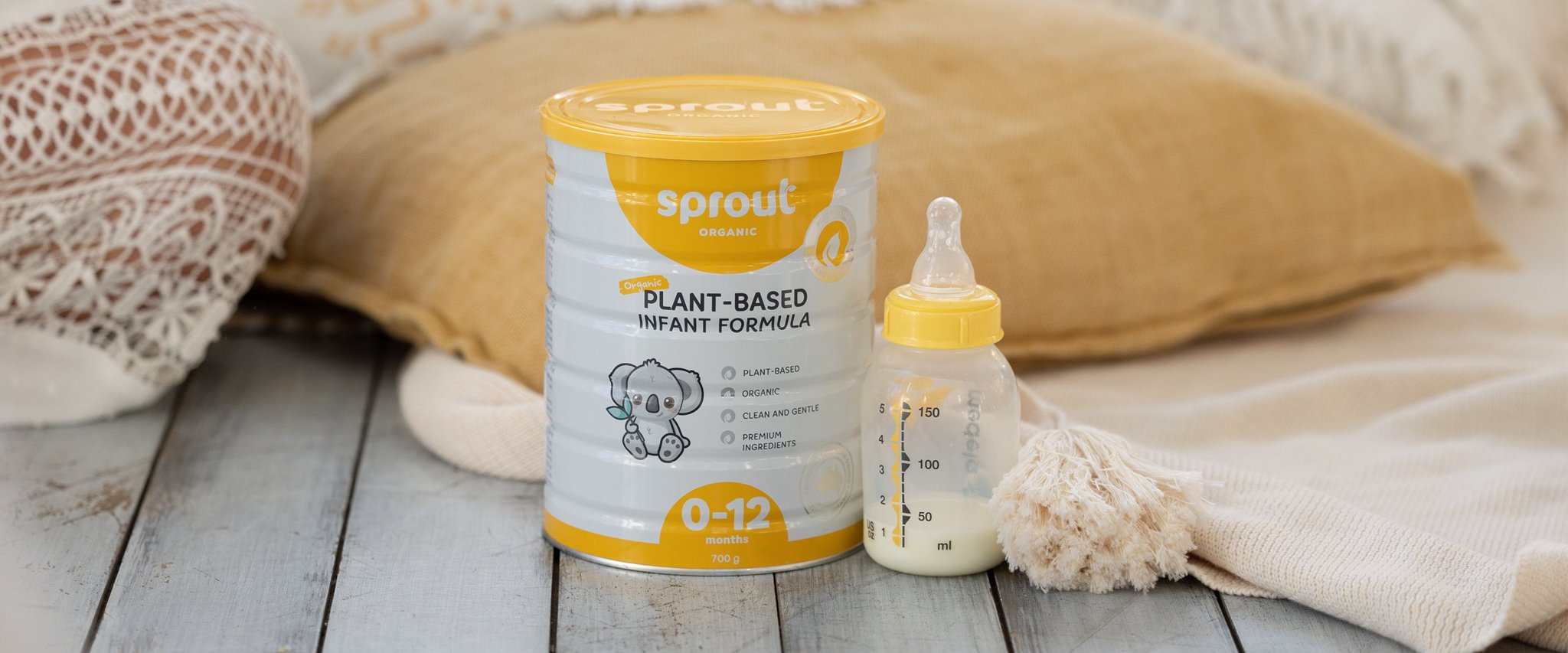Beyond the Benefits: The Surprising Risks of Too Much Fibre
Introducing solids is an exciting milestone! You're eager to offer your little one a diverse, nutritious diet, and fibre certainly plays a role. But wait, fibre... can too much be a bad thing for growing babies and toddlers?
It's true! While fibre is crucial for everyone, tiny tummies have special needs. Too much fibre can fill them up quickly, leaving less room for essential nutrients they need to grow. Don't worry, it's all about understanding their developing systems and finding the right balance. Here’s what you need to know:
What is Fibre?
Think of fibre as the "roughage" in plant foods like fruits, veggies, beans and grains. It keeps the digestive system healthy. There are different types of fibre, each with unique benefits:
- Soluble fibre: Makes you feel full and helps things move along smoothly
- Insoluble fibre: Adds bulk and keeps things regular
- Resistant starch: Feeds the good bacteria in your gut for extra health benefits
Why Fibre Matters:
- Healthy gut: Happy gut bacteria means happy tummies.
- Regularity: Keeps things moving along, aiding in constipation prevention.
- Feeling full: Keeps tummies feeling satisfied for longer.
Infants and toddlers have small tummies and appetites, emphasising the need for nutrient and energy-dense foods. Excessive fibre intake can quickly fill their stomachs, leaving inadequate room for essential nutrients, such as total energy, fat and protein, crucial for healthy growth and development. This is especially important for the first year of life when an infant is growing rapidly.
Additionally, excessive fibre can overwhelm a child's developing digestive system, leading to discomfort like gas, bloating, and constipation.
The Right Amount for Your Little Sprout:
- 6-8 months: Start slow with smooth, well-cooked, options like mashed avocado, peeled sweet potato, or well-steamed broccoli
- 9-12 months: Introduce more fibre, with finely chopped peeled fruits, veggies, and soaked and well-cooked legumes
- 1-2 years: Continue to increase fibre, through wholegrains (in small amounts), nuts and seeds (ground for safety), and beans (rinsed and mashed)
Remember:
- Focus on variety and balance, not strict fibre intakes
- Observe your baby's cues. Fussiness, tummy troubles, or decreased milk intake might indicate too much fibre
- Adjust accordingly - you know your little one best!
Here are some tips for getting the right balance:
- Peel fruits and veggies with thick skins
- Cook fruits and veggies until soft
- It is okay to include refined grains, such as white rice and pasta, especially in the first year of life!
- Add good fats like avocado and nut butters to each meal
- Offer iron rich foods, like infant cereal, tofu, tempeh and soaked and well-cooked legumes at each meal
- Soak beans and legumes and remove outer skins to significantly reduce phytate content
- Offer vitamin C rich foods regularly, such as peeled and well-cooked pumpkin and sweet potato
- Offer water regularly to aid digestion
Remember, every child develops at their own pace. Consult your health care team. if you have any concerns about your child's growth or digestive health.
For personalised nutrition and supplementation support, you can find me here at: www.plantbasedfamilynutrition.com or contact me via email at plantbasedfamilynutrition@gmail.com
About the Author: Monica Rundle, is an Accredited Practising Dietitian, and founder of Plant Based Family Nutrition, an online nutrition clinic dedicated to helping families make small, sustainable dietary changes that can make a big difference to their overall health and that of the environment.
Disclaimer: This article is for information and educational purposes only. The information provided does not substitute medical advice. Please consult a qualified medical professional relevant to your particular circumstance.






Leave a comment